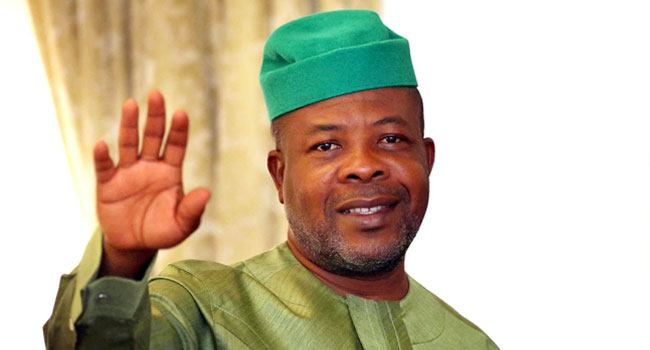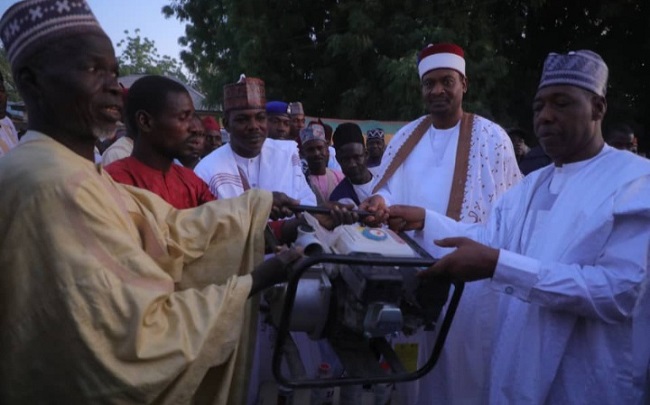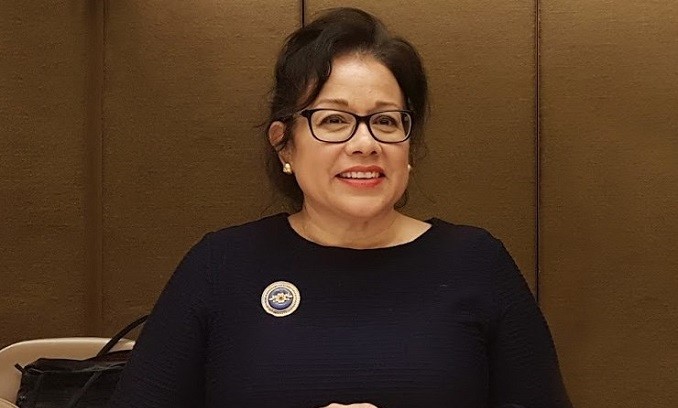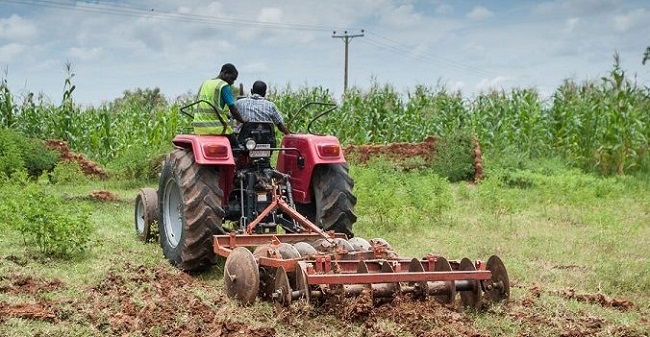A former governor of Imo State, Emeka Ihedioha, alongside other prominent persons, has proffered solution to the dearth of arable land in the state.

They spoke on Friday, January 3, at the Mbaise Policy Roundtable (MPR) 2025 Annual Global Summit held at Ahiara, Ahiazu Mbaise Local Government Area.
Ihedioha’s presentation was themed: “From Farm to Fortune, Tech to Cash: Leveraging Acquired Agriculture and Digital Skills for Financial Success and Development of Mbaise.”
He advised farmers in Mbaise and Imo in general to farm in clusters, conduct soil tests to ascertain the best crops for each soil type, and collectively fight challenges, while remaining disciplined, self-reliant and patient.
“We have a big problem of land availability for farming, which will take us time to deal with, but we must remain committed to touching the lives of the downtrodden through communal efforts, such as farming.
“The sole responsibility of a government is the welfare of the people, and that welfare is embedded in the policies and programmes of the government.
“I will enjoin you to take part in successful ventures and be productive, accept that you want to be a successful farmer and take the necessary steps to achieve that by being dedicated and committed,” Ihedioha said.
The Convener of the summit, Prof. Edward Oparaoji, said that the programme was anchored on appraising interventions of MPR and its success stories.
Oparaoji described the MPR as a “sustainable programme that is making tremendous impact in the development of Mbaise in the areas of agriculture and allied businesses”.
He urged participants at the summit to endeavour to acquire vocational skills, especially in agriculture, to make ends meet, no matter their level of education.
Also speaking, the President-General of Ezuruezu Mbaise, a sociocultural group of the Mbaise people, Mr Joe Anosikeh, lauded the empowerment initiative of the summit.
Anosike, a surveyor, charged participants to embrace Information Communication Technology and agribusiness, among other ventures, to succeed.
An agribusiness expert, Miss Ngozi Okechukwu, also spoke on agribusiness value chain development and accessing farmers’ resources.
Okechukwu identified finance, marketing, adequate infrastructure, and sound policies as key to sustainable individual and collective prosperity.
She, however, recommended the promotion of public private partnerships, self-help cluster farming, and an innovative farming model aimed at identifying and addressing farmers’ financial and marketing challenges to ensure sufficient food production and security.
By Victor Nwachukwu









